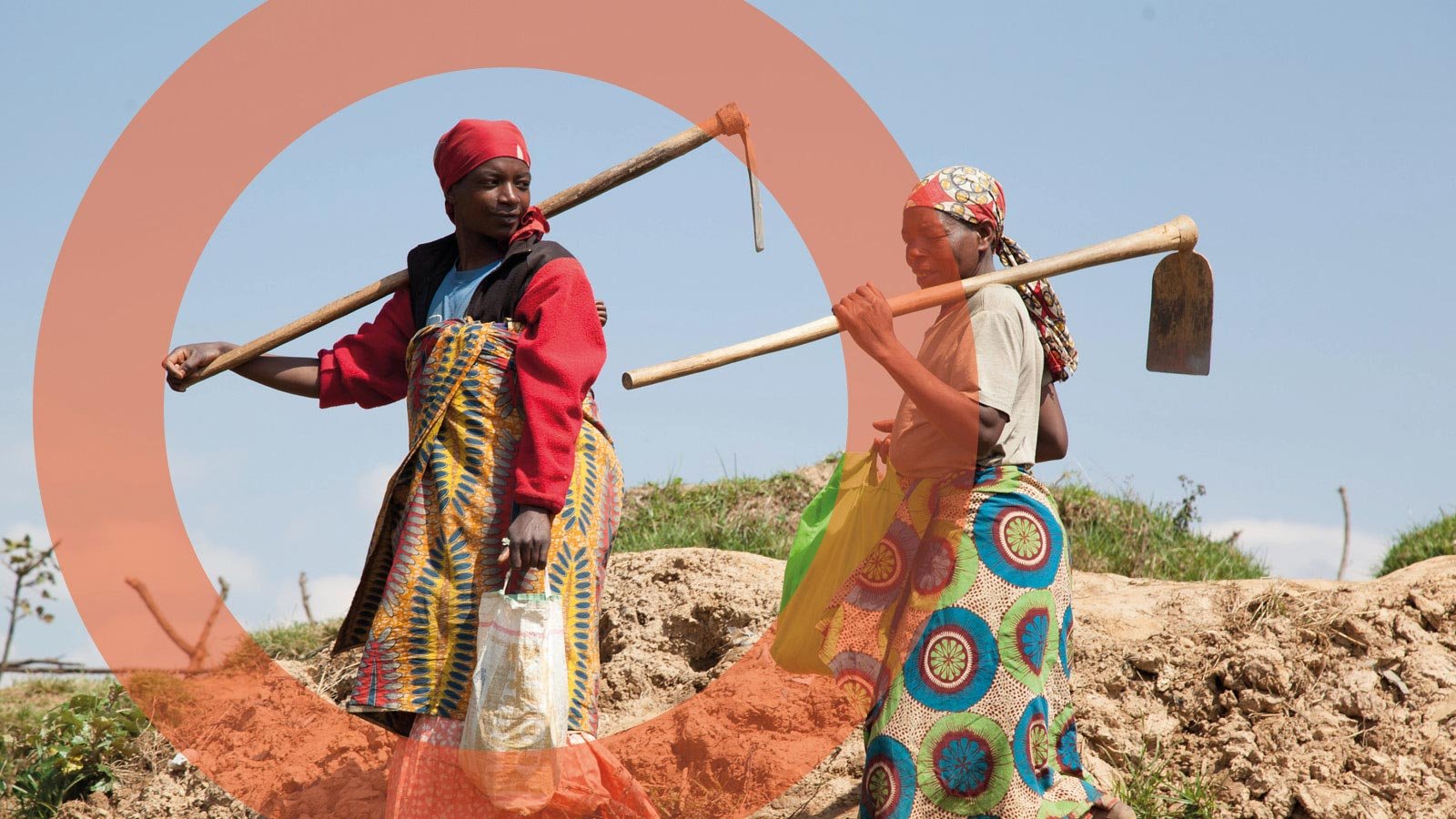
EVIDENCE
Evidence is crucial to achieve more impactful, more equitable disaster risk financing at scale.
It is critical we learn from past successes and failures. Through high-quality knowledge and evidence, we help countries and implementers make informed decisions in pre-arranged financing. Our operational research capacity is designed to improve product quality, mitigate reputational risks, and make a positive impact in the field of disaster risk financing.
We identify evidence gaps in disaster risk financing. This helps us understand the problems with the way disasters are currently funded. We look at how politics and demand affect different sectors and countries; how to improve accountability and make sure everyone is included; and how much it costs to deal with impacts that aren’t currently covered by crisis financing. We work to translate learning and evidence insights into our advisory work and to inform and shape the global policy agenda.
Find all our publications here.
FEATURED RESEARCH PROJECTS
More and better disaster risk finance for adaptive social protection in the Sahel
We are contributing to the Sahel Adaptive Social Protection Program by providing support to the World Bank and country governments to strengthen the design and delivery of adaptive social protection systems and to conduct research when relevant. Find out more about our work in Sahel, here.
The state of pre-arranged financing
How much of the crisis response funding to low- and middle-income countries is put in place before disasters hit? Our annual data-led report provides analysis around investments in and coverage of pre-arranged financing for disasters. The purpose of the report is to provide a trend monitoring tool to enable more evidence-based reflection and discussion on levels and patterns of investment in pre-arranged financing by donors.
Crisis protection gap
Our research into the crisis protection gap tested the extent to which it is possible to use available data to estimate the scale of response costs relating to future crises, with a focus on those crises which cause greatest impacts on vulnerable people in low income and fragile settings, who are often left out of traditional assessments of disaster losses.
Putting people first in Disaster Risk Finance
Accountability is a core principle for making Disaster Risk Finance work for risk-affected people. Although DRF actors are widely committed to this, there is not yet a shared understanding of what accountability means and how it should be applied. Our guidance note is therefore intended as a common framework to support practical approaches to meaningful accountability across the sector, with the aim of assuring financing that is in the best interest of the at-risk communities that it seeks to serve.
Disaster Risk Finance Evidence Gap Assessment
The Centre reviewed the existing evidence on the welfare impacts of disaster risk finance. The review covers all interventions that help households finance their disaster response—from savings, micro-insurance and informal networks, to disaster funds and scalable social protection. We examined evidence on impact, as well as evidence on the 7 keys, pointing to evidence gaps, and highlighting key lessons from the existing evidence.
Tracking National Budget Reallocations in Response to covid-19
When disasters strike, cash-strapped governments are often forced to raid their existing budgets to finance emergency relief and recovery. Although expenditure reallocation is an important part of any government’s disaster response financing, there is very little data on its scale or cost. To fill this gap, the Centre is working with Oxford Policy Management to follow the financing of post-covid-19 response efforts of the governments of Pakistan, Ethiopia, and South Africa.
Learning from Anticipatory Action with the UN Office for the Coordination of Humanitarian Affairs (UN-OCHA)
Anticipatory action provides support to households in advance of a crisis, offering a revolutionary approach to humanitarian aid that—until now—typically starts after a crisis. The Centre is supporting UN-OCHA to capture learning in its first anticipatory action pilots. Our process learning work is identifying the challenges in implementing anticipatory action pilots.
Decision-making during covid-19 project with the International Rescue Committee (IRC)
Covid-19 has sparked a complex, multifaceted, and likely protracted global humanitarian crisis. In the most fragile contexts this could mean years of spikes in health, economic, and other risks related to the virus. The Centre and the IRC launched the Decision-making during covid-19 project, a collaborative effort to test and operationalise crisis risk financing tools in the context of a complex, protracted humanitarian crisis.








